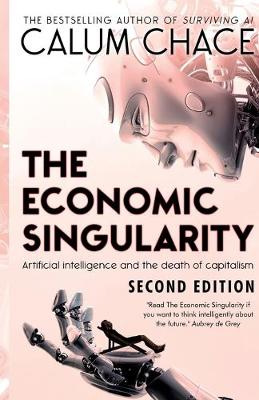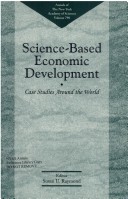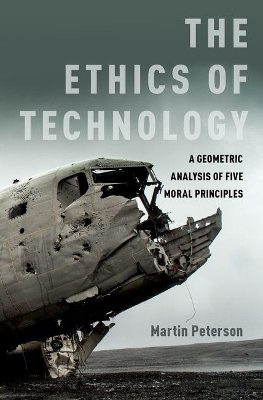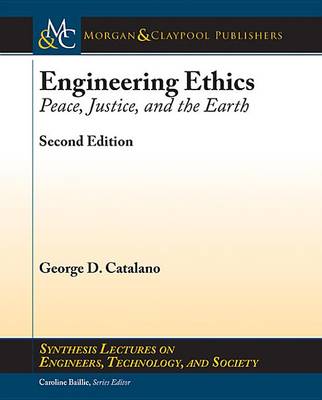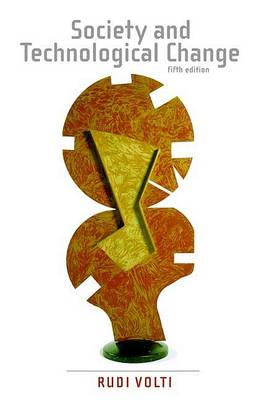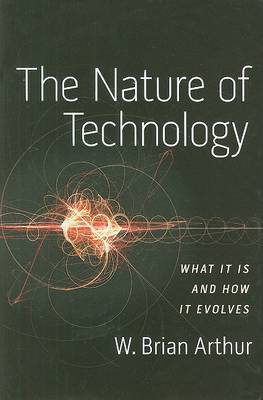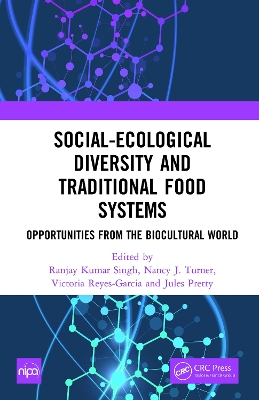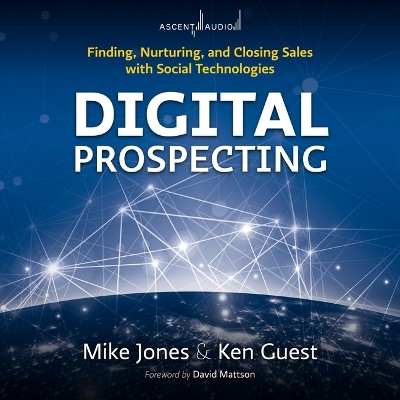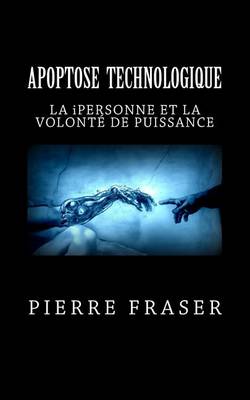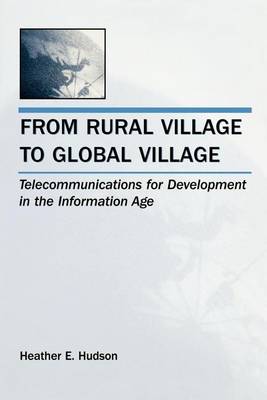Policy for Science-Based Development (Annals of the New York Academy of Sciences, Vol 789)
Autonomous cars, drones, and electronic surveillance systems are examples of technologies that raise serious ethical issues. In this analytic investigation, Martin Peterson articulates and defends five moral principles for addressing ethical issues related to new and existing technologies: the cost-benefit principle, the precautionary principle, the sustainability principle, the autonomy principle, and the fairness principle. It is primarily the method developed by Peterson for articulating and...
Educational practices and techniques are seemingly endless due to classroom integration and use of distance learning programs and technologies. With the eyes of academic communities looking towards these advanced learning integrations to take education into the future, knowledge on recent developments and practical solutions to educational problems are pertinent to educators of the 21st century. ""The Encyclopedia of Distance Learning, Second Edition"" encompasses the latest concepts, trends, is...
The influence of Vannevar Bush on the history and institutions of twentieth-century American science and technology is staggeringly vast. As a leading figure in the creation of the National Science Foundation, the organizer of the Manhattan Project, and an adviser to Presidents Roosevelt and Truman during and after World War II, he played an indispensable role in the mobilization of scientific innovation for a changing world. A polymath, Bush was a cofounder of Raytheon, a pioneer of computing t...
Engineering Ethics (Synthesis Lectures on Engineers, Technology and Society)
by George D Catalano
A response of the engineering profession to the challenges of security, poverty and under-development, and environmental sustainability is described. Ethical codes, which govern the behavior of engineers, are examined from a historical perspective linking the prevailing codes to models of the natural world. Anewethical code based on a recently introduced model of Nature as an integral community is provided and discussed. Applications of the new code are described using a case study approach. Wit...
Technology is a basic feature of all human societies. Virtually every aspect of our lives is affected by technology, while at the same time the development and use of particular technologies are strongly affected by cultural, social, political, and economic arrangements. "Society and Technological Change" provides a comprehensive introduction to the interactions of society and technology. The new fifth edition includes coverage of such timely topics as cloning, stem-cell research, genetically mo...
Oecd Science and Technology Indicators
Social-Ecological Diversity and Traditional Food Systems
This book draws on world-wide experiences and valuable lessons to highlight community-ecosystem interactions and the role of traditional knowledge in sustaining biocultural resources through community-based adaptations. The book targets different audiences including researchers working on human-environment interactions and climate adaptation practices, biodiversity conservators, non-government organizations and policy makers involved in revitalizing traditional foods and community-based conserva...
Information Society
It happens in America every four decades and it is about to happen again. America's demand for change in the 2008 election will cause another of our country's periodic political makeovers. This realignment, like all others before it, will result from the coming of age of a new generation of young Americans - the Millennial Generation - and the full emergence of the Internet-based communications technology that this generation uses so well. Beginning in 2008, almost everything about American poli...
From Rural Village to Global Village: Telecommunications for Development in the Information Age (Telecommunications)
by Heather E. Hudson
Roads to Participation in the European Community
Future of Scientific Practice (History and Philosophy of Technoscience, #5)
Focusing on cell dynamics, molecular medicine and robotics, contributors explore the interplay between biological, technological and theoretical ways of thinking. They argue that the direction of modern science means that these areas can no longer be explored independently but must be integrated if we are to better understand the world. The collection makes a strong contribution to current debates in the philosophy of science and the changing role of scientific practice.
The Impact of the Internet (Issues S.)
